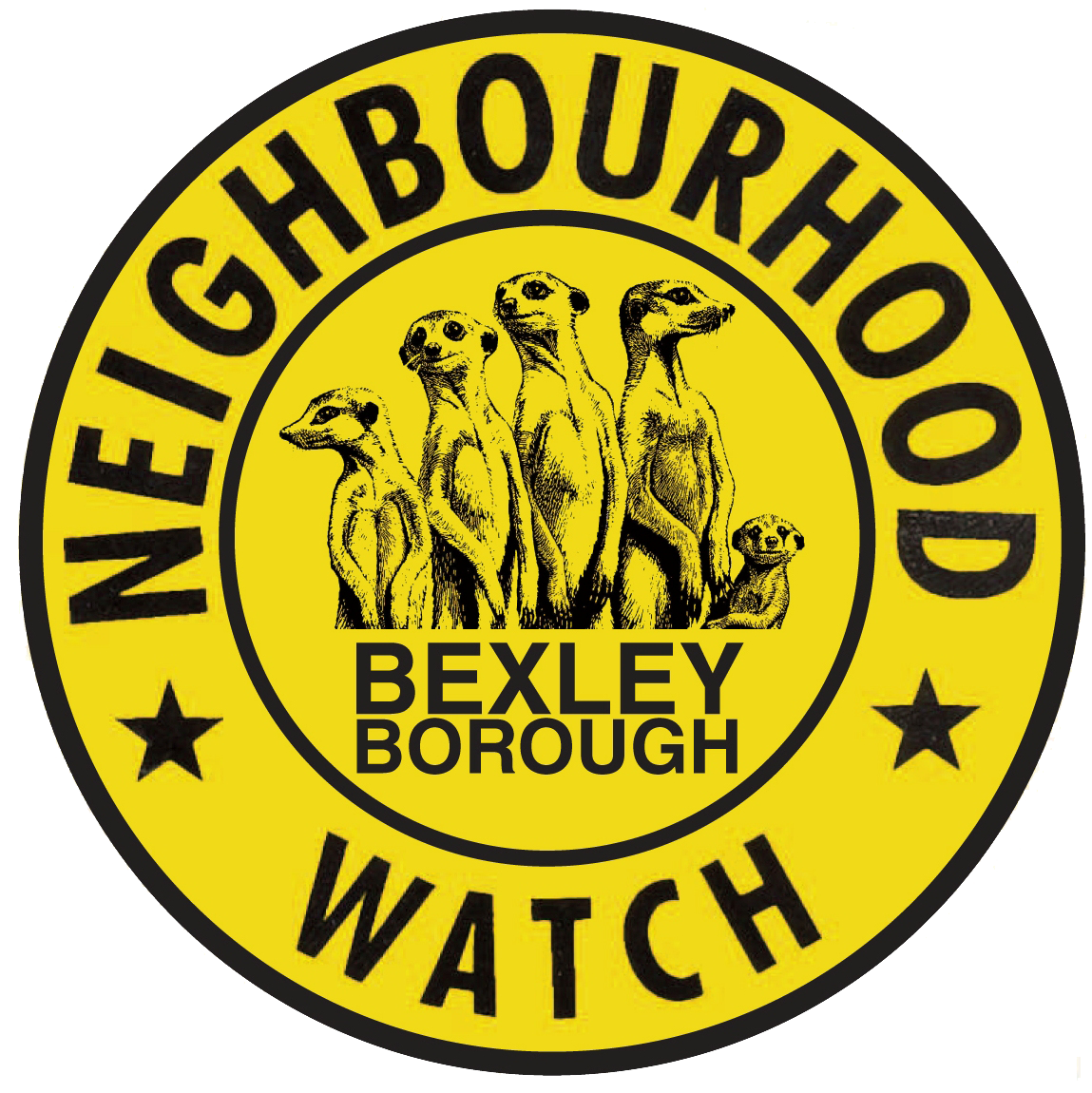These guides are a valuable resource for understanding and avoiding crime, scams and phishing.
They are in PDF format and can be downloaded and/or printed.
Welcome to the Bexley Borough Neighbourhood Watch Association Guide Book. We have been working in the borough for 27 years and became and association in 1997.
Our aim is to work with different groups, young and old, to help build a better and safer community for all.
[Uploaded: 16th October 2020]
The best way to approach a home security survey is to start from the boundaries and work your way into the centre, treating each area as a layer, until you reach the targeted property.
This is known as the Onion Peeling Principle. Although the layers differ for each household, generally they can be broken down into Boundary; Outbuildings; Building and Property.
[Uploaded: 8th November 2011]
Advice on reporting Cyber Crime, Links to resources, and tips on avoiding cyber crime.
[Uploaded: 27th November 2020]
Distraction burglary is where criminals call at your house posing as officials or asking for your help with something. They make up a story to get in to your home. Generally targeting older people, they have just one intention: to steal!
[Uploaded: 3rd December 2020]
I am very pleased to be able to introduce the 5th version of the ‘Little Book of Big Scams’, hoping to further raise awareness of some of the ever-evolving ways criminals use to scam the public out of hard earned money. Gloria Hunniford
[Uploaded: 16th October 2020]
Ten tips on how ot make you more secure from hacking and cyber crime.
Strong passwords, Antivirus, Update Software, Back up data, 2-factor authentication, Free WIFI, Avoid links, Social Media, Avoid personal questions, and alwys report fraud.
[Uploaded: 16th October 2020]
The Metropolitan Police Service is pleased to bring you the Little Book of Cyber Scams Version 2.0.
This book has been specifically designed to offer advice relevant to both individuals and also Small and Medium Enterprises (SMEs) on staying safe in the cyber world. With day to day life being increasingly tied to the internet, this book aims to highlight some of the dangers you might face, as well as offer advice on how to protect yourself.
[Uploaded: 27th November 2020]
Nearly a third of all fraud is committed over the telephone. National Fraud Intelligence Bureau
Criminals can impersonate your bank, the police, tax office, investment or software companies and other trusted organisations. They will try to convince you to part with your money.
Hang up on cold calls from any business/authority, then ‘Take Five’ to check it out as genuine via a trusted source.
[Uploaded: 16th October 2020]
is glossary explains some common words and phrases relating to cyber security, originally published via the @NCSC Twitter channel throughout December.
The NCSC is working to demystify the jargon used within the cyber industry. For an up-to-date list, please visit www.ncsc.gov.uk/glossary.
[Uploaded: 16th October 2020]
This initiative has been launched by the Neighbourhood Watch to reduce the number of offences involving bogus callers and rogue traders.
We hope that this initiative will help older people and the more vulnerable members of the community.
A Bogus Caller is any person who calls at a home with the intention of deceiving someone or to steal from them.
A genuine callers will not mind waiting while you check their identity on behalf of your neighbour, friend or relative.
[Uploaded: 17th July 2012]

